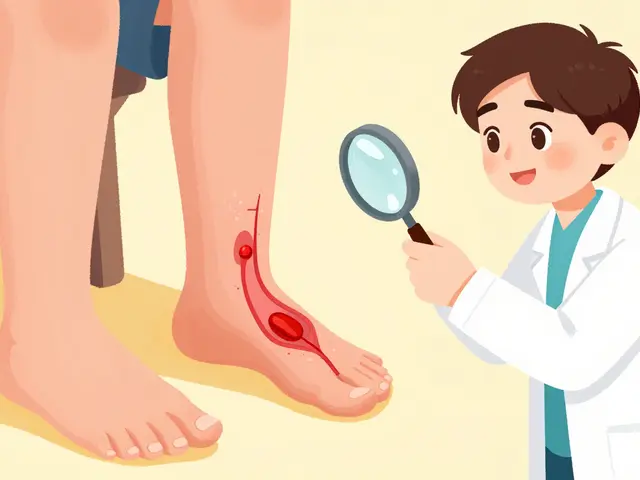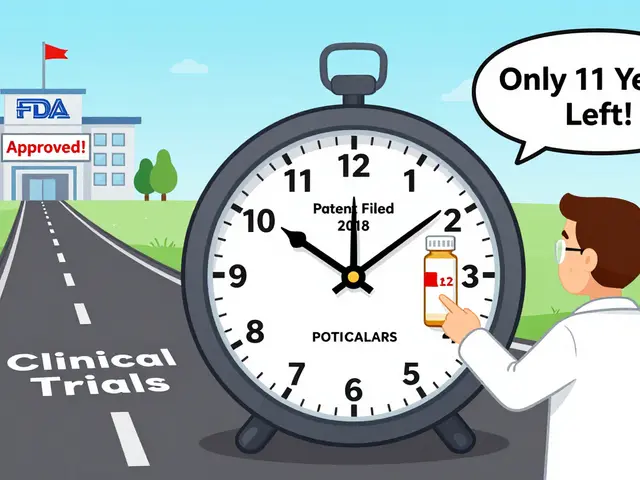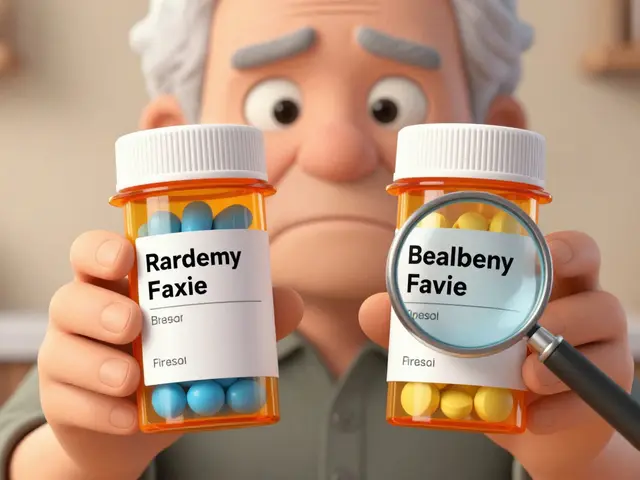Prescription drugs online: how to buy safely and avoid scams
Buying prescription drugs online can save time and money — but it can also be risky if you don't know what to check. This guide gives clear, practical steps you can use right now: how to verify a pharmacy, spot scams, handle prescriptions, and protect your privacy.
How to verify an online pharmacy
Start by checking the basics. A legitimate online pharmacy will ask for a valid prescription, list a real physical address and phone number, and let you talk to a licensed pharmacist. Search for official seals like NABP or LegitScript, and click the seal to confirm it links to the certifier’s site. If the site promises prescription drugs with no prescription, that’s a major red flag.
Look for clear licensing info. Many countries publish pharmacy license lookups — use them. Read recent user reviews but don’t rely only on star ratings. If a price sounds too good to be true for brand-name meds (think Lipitor or Provigil), question it: counterfeit or expired products are often priced very low.
Practical tips for safe purchases
Pay attention to payment and privacy. Use a credit card or trusted payment service that offers fraud protection. Avoid wire transfers, money apps with no buyer protection, or requests for cryptocurrency. Check the site’s privacy policy to see how your health and payment data are stored and shared.
Know your local rules. Some meds, especially controlled substances, are illegal to import in many countries. Customs may seize packages, or you could face fines. If you need a controlled medication, it’s safer to get a local prescription and fill it at a licensed pharmacy.
Use telemedicine services if you don’t have a prescription. Many reputable online clinics can evaluate you by video and issue a valid prescription when appropriate. That beats buying from a site that skips medical checks entirely.
Ask about shipping and packaging. Legit pharmacies use discreet, temperature-controlled packaging for sensitive meds and provide tracking. Expect possible customs delays and think about expiration dates — long shipping times can reduce a medication’s effectiveness.
Talk to your doctor before switching to an online supplier. Share the pharmacy you plan to use and ask whether the brand, dose, or formulation is right for you. If you take multiple meds, check for interactions — many online services offer pharmacist consultations for this.
Finally, keep records. Save prescriptions, receipts, and tracking info. If a problem comes up — a wrong drug, damaged package, or suspicious side effects — those documents help you report the issue to your healthcare provider, regulator, or payment company.
Start simple: confirm the pharmacy's license, insist on a prescription, use secure payment, and consult your doctor when in doubt. Small checks up front make buying prescription drugs online a lot safer.
Online Pharmacy Reviews: Is sundrugstore-reviews.com Legit?
Explore sundrugstore-reviews.com: checking if this online pharmacy is safe, affordable, and legit. Find data, expert opinions, and practical tips before buying meds online.
Read More





